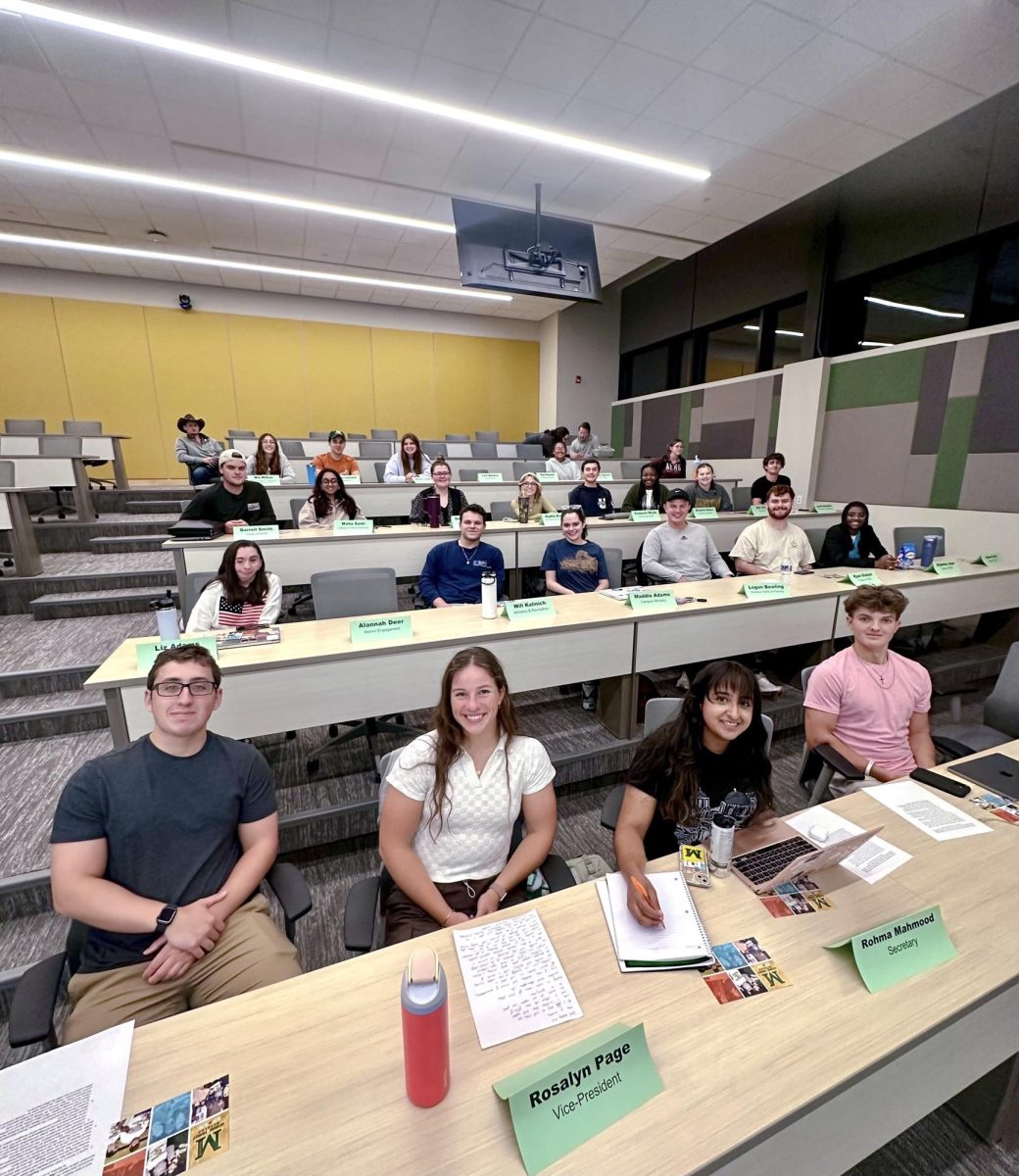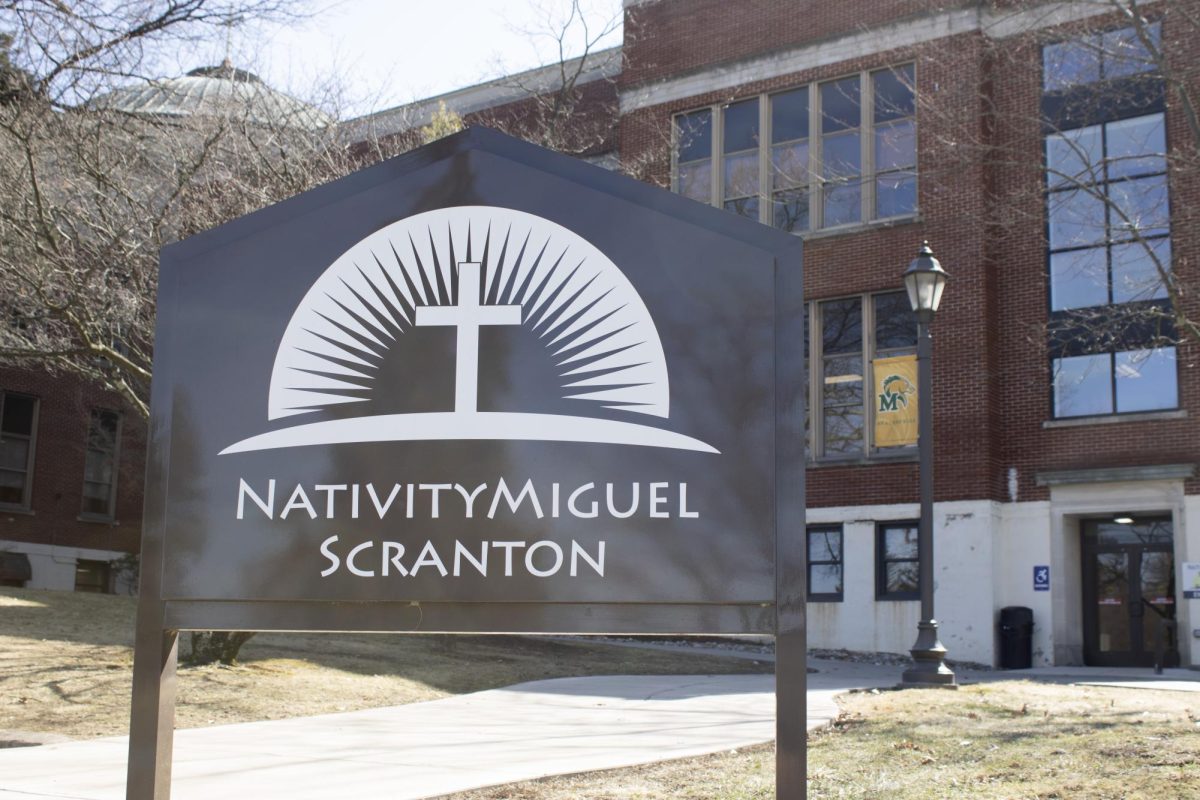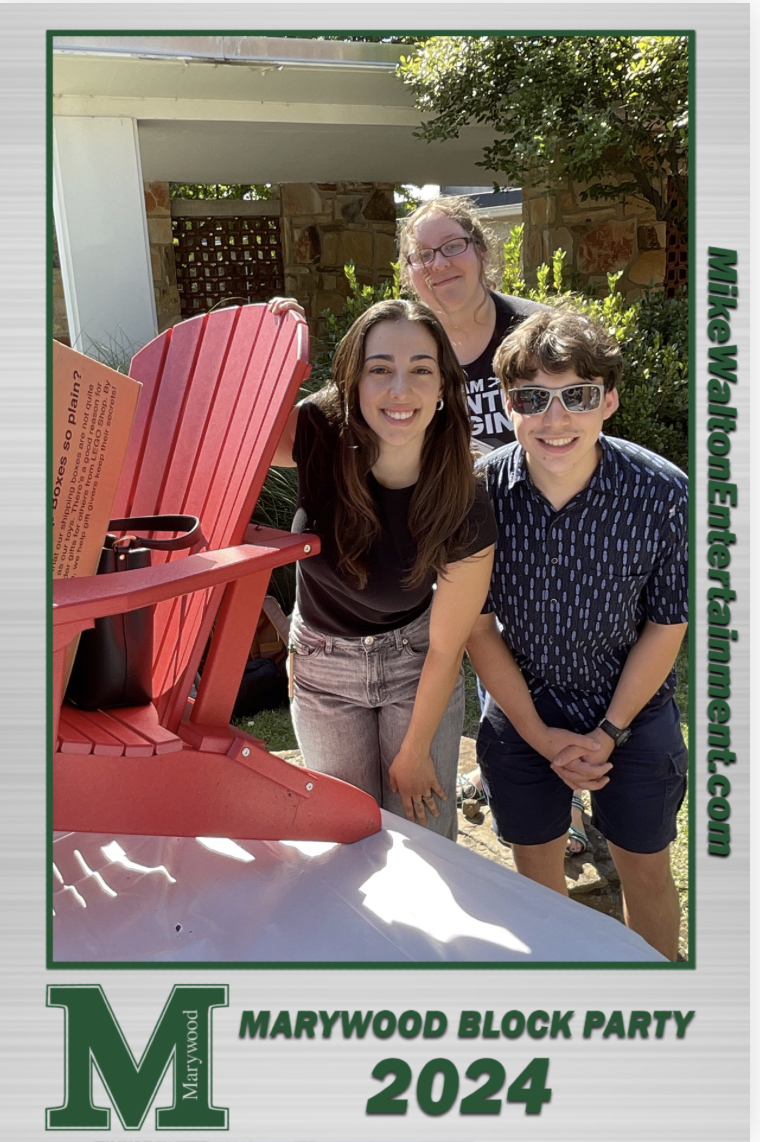Victoria Clarizio
Staff Writer
This summer I had the opportunity to spend two months in Tanzania, a country in Eastern Africa and it was a life changing experience but when I sat down to write this article, I realized that I had no idea where to begin. I guess I’ll start at the beginning though: my obsession with Africa. I don’t know where it came from or when it started. I feel like I just woke up one day and loved everything about the continent. Anyway, with this obsession motivating me, I began to keep an eye out for opportunities to travel there.
Opportunity came knocking sooner than I expected though. About a year ago, my Grandmother called me with exciting news: a man from her Church has been aiding an African village for about fifteen years and frequently brought groups of students there. Even though it felt like the sketchiest thing I have ever done, I emailed this man basically saying: I want to go to Africa, you can get me there, tell me how. Before I knew it my distant dream of traveling to Africa became a reality.
About a year after that, I was on a plane to a small island off the coast of Tanzania called Zanzibar. The village I stayed in is called Machui. I volunteered for the Missionary Sisters of the Precious Blood. They have a compound outside the village with a community college, kindergarten and health clinic.
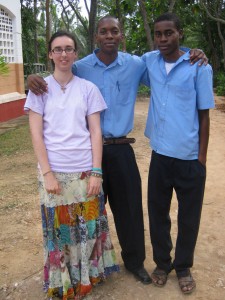
When I first started planning this trip, I was supposed to be teaching English to college students, but upon arriving I was told that the students were going to be on break for about half the time I was there. Instead, I helped in the health clinic, which they call a dispensary. My job was to register patients and take money for medicine. This was a great experience because I was forced to learn a lot of basic Swahili, which is the language of Tanzania. It also gave me a first hand look at the poverty of the area. What would have been a few dollars to me, was a week’s paycheck for some people. Many patients left without the medicine they needed because they couldn’t afford it.
Once the students came back, I switched to teaching them Spanish and English. Zanzibar’s main industry is tourism and people come there for vacation from all over the world. For this reason, the students like to know a little bit of many languages. Hopefully that knowledge will give them an advantage in finding jobs.
The community college was founded in 1997 by the Sisters to provide vocational training to disadvantaged people from the surrounding community. Their motto is to “uplift the marginalized”. Due to the high drop out rates of students in Zanzibar, many young adults are not able to find jobs. The college aims to fix this by offering job training and life skills. They also tailor the job training to the opportunities available in the community, so students are much more likely to gain employment after graduating.
Because English is necessary these days to have any kind of economic success, learning how to speak it is very important to the Machui students. Everyone I met expressed interest in talking to me to better their English.
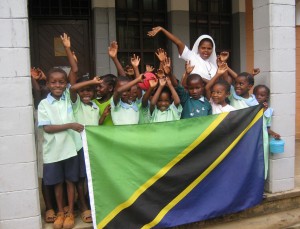
It may sound cliché, but I learned so much more from the people of Machui and the students than I could ever teach them. They truly value the important things in life; family, religion and being kind to others. I kept a journal of my trip and one day I wrote: “I don’t see the poor and the starving – I just see people who are happy and thriving. They have things to smile and sing about. They don’t need me.” This trip gave me a lot of perspective on what it means to be poor, wealthy and what brings true happiness.
I think the one thing that surprised me the most was how welcoming everyone was. For example, one day I was walking back from Church and a lady told me that I shouldn’t miss home because this was like another home for me. I was extremely touched by this and it is something that will stay with me forever.
The people of Zanzibar are big on greeting each other and will often spend along time saying hello to each other. There are a million different ways to say, “hello! how are you” in Swahili. And they expected me to learn all of them!
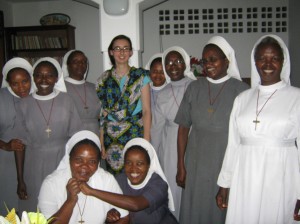
Unlike here, where we usually just say hi to people that we know, it is generally considered rude to pass by someone without saying anything. I think this a sign of how highly Africans value community.
It’s almost impossible to truly put my experience into words. I would say that if you ever have the opportunity to travel to another country, take it. Just experiencing another culture and seeing the things they value and what they have to teach you will change you permanently






